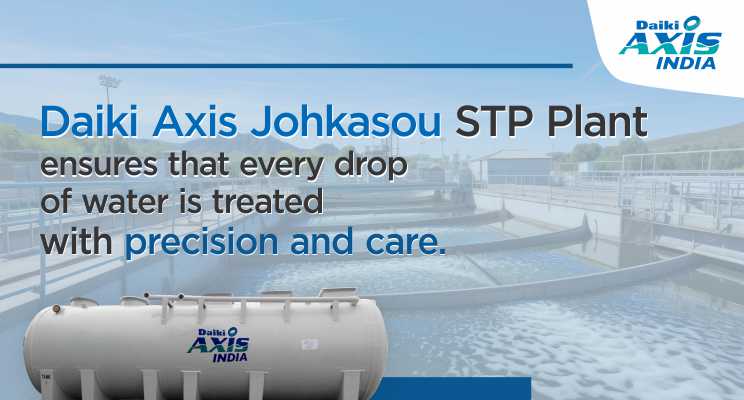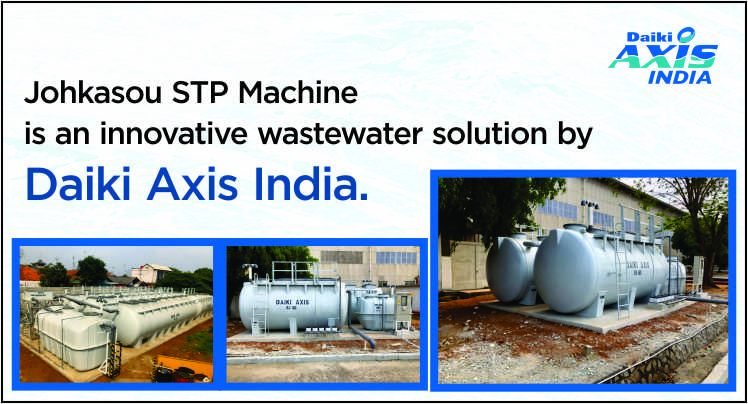Empowering Future Generations: Daiki Axis Environment’s Inspiring CSR Event in Sri Lanka 🌏
In a heartfelt effort to promote sustainability and community engagement, Daiki Axis Environment, in collaboration with the renowned NGO Surangani Voluntary Services (SVS), hosted a special CSR event in Sri Lanka that blended education, creativity, and environmental responsibility. The event was a powerful reminder of how collective action—across borders and generations—can drive meaningful change for our planet.
A Distinguished Gathering for a Greener Future
The event was graced by Hon. Anton Jayakody, Deputy Minister of Environment, who attended as Chief Guest. His presence underscored the significance of government and private sector partnerships in creating a greener and more sustainable future. The day’s program was further enriched by the participation of esteemed delegates from Daiki Axis Japan and Sri Lanka, including:
- Mr. Hiroki Ogame, President, Daiki Axis Japan
- Mr. Masato Kondo, General Manager, Corporate Promotion Division, Daiki Axis Japan
- Mr. Shinya Takaoka, Director, Global Operations, Daiki Axis Japan
- Mr. Rui Owase, Managing Director, Daiki Axis Environment
- Mr. Prabath Dahanayake, COO, Daiki Axis Environment
- Mrs. Eri Naito, Corporate Promotion Division, Daiki Japan
During the ceremony, Mr. Kondo highlighted Japan’s ongoing commitment to sustainable development in Sri Lanka, including key projects like wastewater treatment in Kandy and the implementation of eco-toilets in Polonnaruwa, both utilizing advanced Japanese technology.
Celebrating Creativity and Environmental Awareness
One of the most impactful segments of the event was a drawing competition that brought together over 120 young participants. These budding artists enthusiastically expressed their visions for protecting water and preserving the environment through color, imagination, and heartfelt messages. The artwork displayed was not only visually impressive but emotionally moving—proof that today’s youth are deeply invested in the planet’s future.
The event also featured a vibrant performance by JICA Volunteers, who sang an original Sinhala song on waste management. Their musical message turned environmental education into an engaging experience and left a lasting impression on the children and guests alike.
Fostering Environmental Leadership in Youth
This CSR event wasn’t just about activities—it was about planting the seeds of environmental leadership in young minds. From awareness to action, the event inspired a new generation to step up as guardians of nature. Every drawing, every lyric, and every moment of shared learning reflected Daiki Axis Environment’s enduring commitment to both innovation and social responsibility.
As part of the Daiki Axis Group, Daiki Axis Sri Lanka continues to lead with integrity and purpose, not only in delivering innovative water and wastewater solutions but also in fostering a deep-rooted culture of sustainability and community engagement.
This event stands as a testament to what’s possible when corporations, NGOs, governments, and communities work together. It’s a shared mission to protect, preserve, and empower—because the future depends on it.




